At some point in our lives, we all experience a level of anxiety. However, some of us suffer anxiety regularly, even daily. Aside from therapy, what can be done? Here at allforyourmind, we’ve outlined a simple set of dos and don’ts that can help you manage your anxiety. These things can work whether you occasionally feel anxious, or your anxiety is a regular struggle.
Things to help with anxiety: the do’s

- Regularly practising deep breathing—deep breathing is an important step that not only helps with anxiety but also contributes to a healthy life in general. Breathing deeply and evenly (i.e. four breaths in, four breaths out) helps slow your heart rate and calms your nervous system down. When breathing in, you should feel your stomach push out. when breathing out, your stomach should push in. It’s important to breathe from your belly and not from your chest. Practice this before bed or during the day, and listen to wordless music or nature sounds to keep your mind in a calm place while you breathe.
- Move your body regularly—any form of exercise, from taking a walk, doing yoga, or full-on workout, releases endorphins. These are your brain’s feel-good, happy neurotransmitters. These help to lower stress and lift your anxious mood—getting an all-round thumbs-up when it comes to helping with anxiety! Even using a massager helps with movement, this gets the blood circulating and releases tension. Having a home gym can be especially helpful to get yourself moving.
- Allow your body to sleep and repair— a full 8 hours rest contributes to your body’s ability to function all around. And if you skimp on sleep, it will take a toll on your body and brain. It’s true that anxiety can cause sleeping problems, but sleeping problems can also cause anxiety. If you’re having trouble sleeping, there are potential solutions. As mentioned before, exercise can help with anxiety, but it can also help you sleep better. Try to stop using electronic devices and listening to music at least an hour before bed. Watching movies and listening to music stimulates the brain, making it harder to switch off and calm down at night.
There are many more things that can help with anxiety, such as finding a healthy activity/hobby to engage in, eating healthily, caring for living things etc. However, these 3 simple suggestions are important habits to establish that will improve your health and lower your anxiety.
Things to help with anxiety: the don’ts
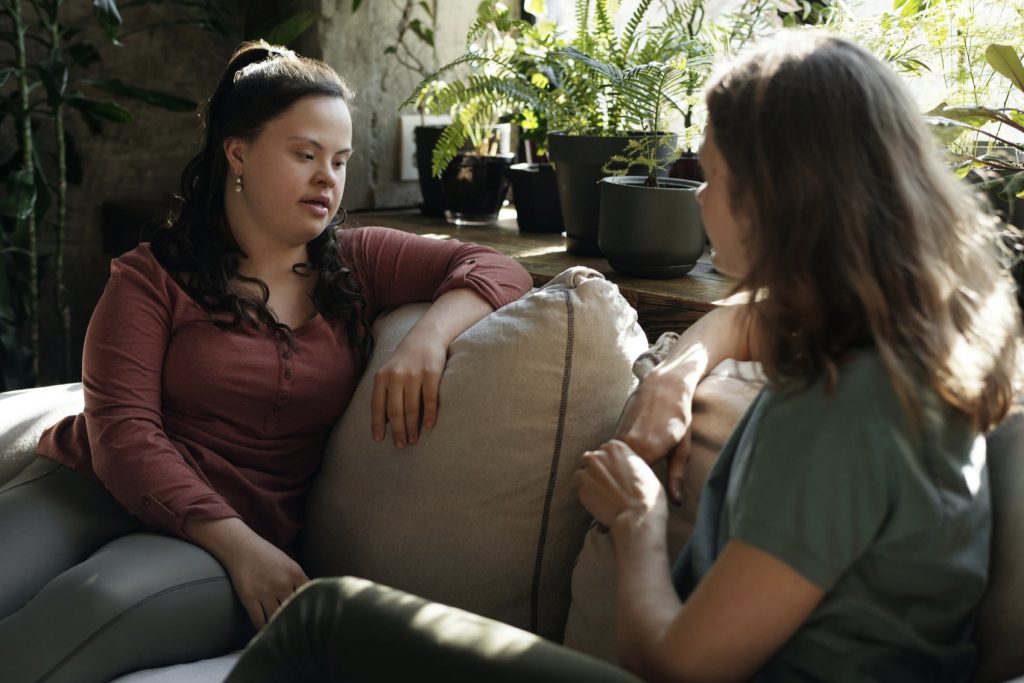
- Don’t keep it to yourself—having a person you can go to when you’re feeling anxious is extremely important. Never internalise your anxious feelings—this will only make things worse. Vocalising what’s making you worry or stress with someone you trust can sometimes make your worries seem less of a big deal. Even if this isn’t the case, it’s important that others know how you’re feeling so that they can get you the help you need.
- Don’t turn to unhealthy ‘outlets’—everyone needs an outlet for their emotions, for some, it’s sports, for others it’s doing something creative or listening to music etc. But when we feel anxious, it’s easy to turn to things like overeating, alcohol etc to lower our stress. These things may work temporarily, but in the long run, they’ll only increase our anxiety. So try to find a healthy outlet, something you enjoy doing, to refocus your mind away from any anxious thoughts.
- Don’t try to do everything at once—when reading things to help with anxiety, it can be tempting to try and implement it all at once. Creating good habits takes time, and biting off more than you can chew will only cause more anxiety! So focus on changing one thing at a time; e.g. for one week practice switching off electronic devices before bed and getting a good sleeping routine in place. Then the following week, work on deep breathing daily, and so on. Remember, these things may take months to properly establish, and it’s ok if it doesn’t go totally as planned.
For a more detailed list of things to help with anxiety, check out our article on our top 5 anxiety tips.
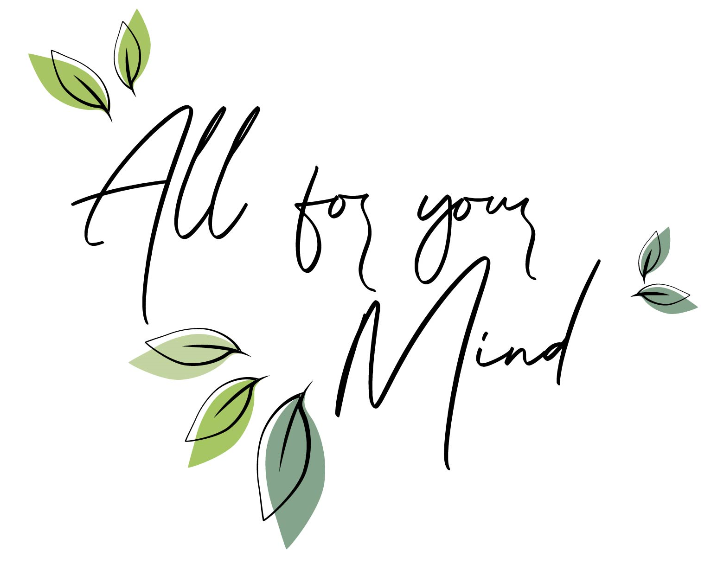
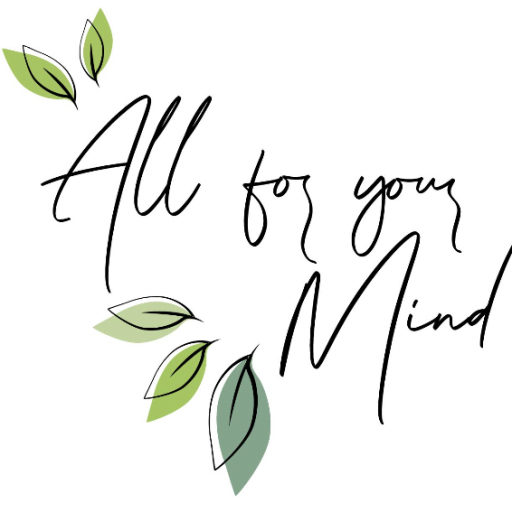
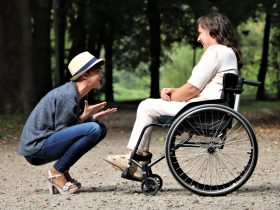
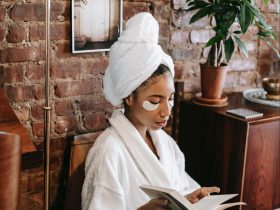


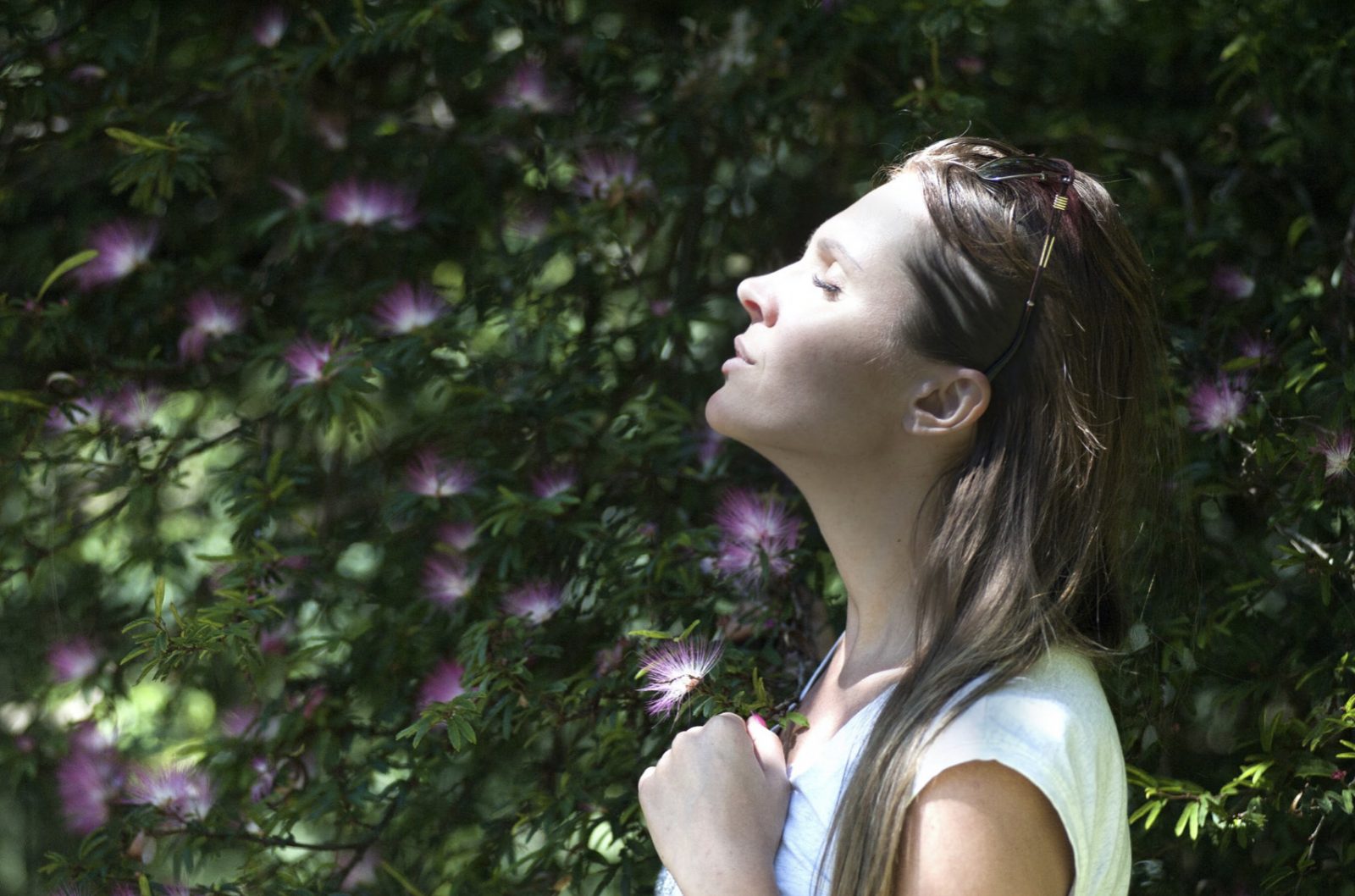








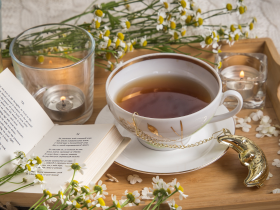





3 Comments